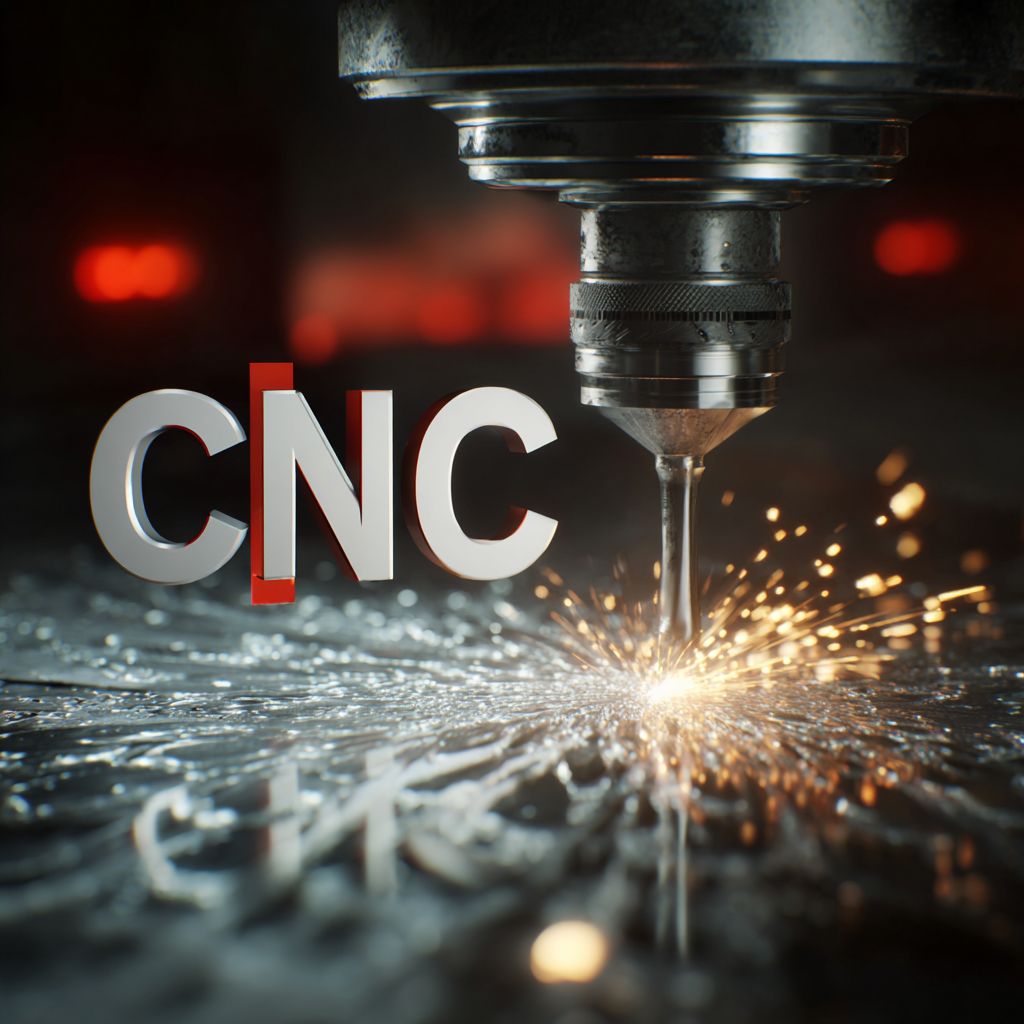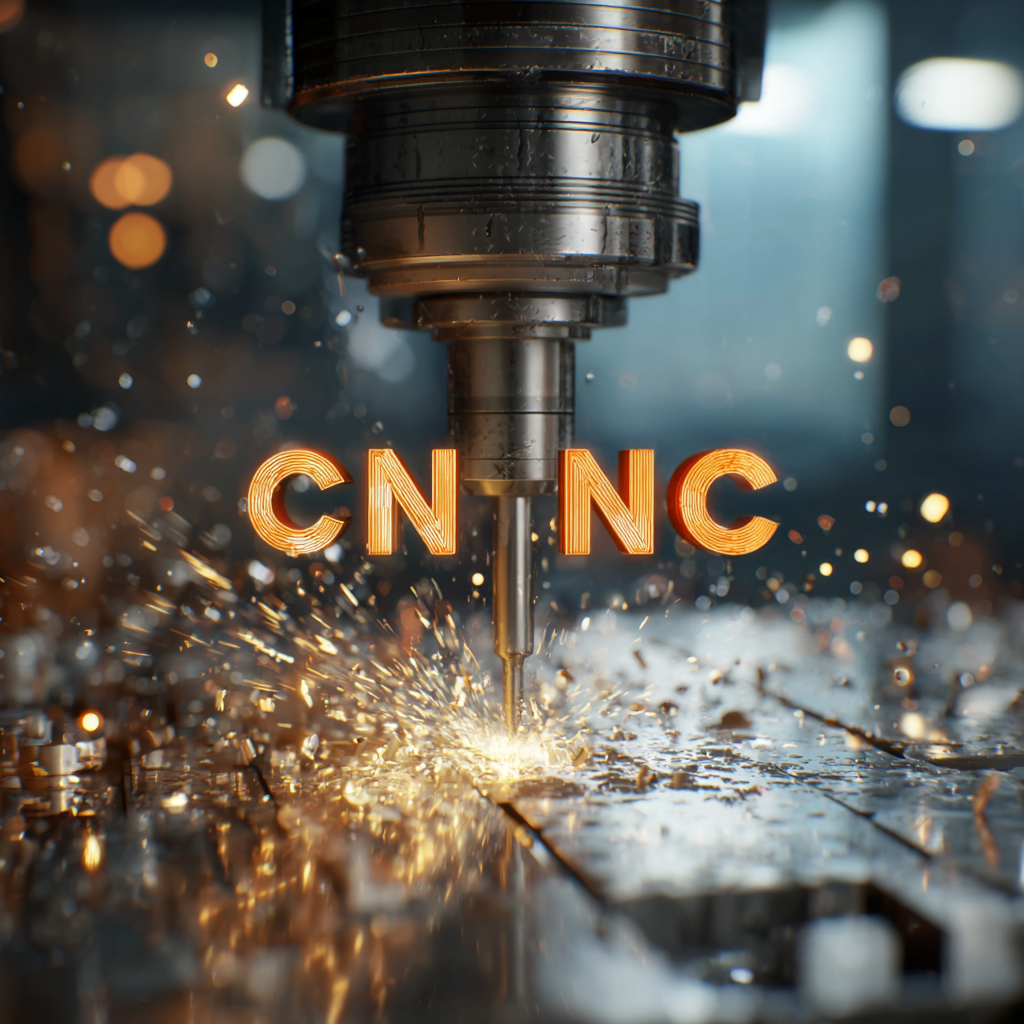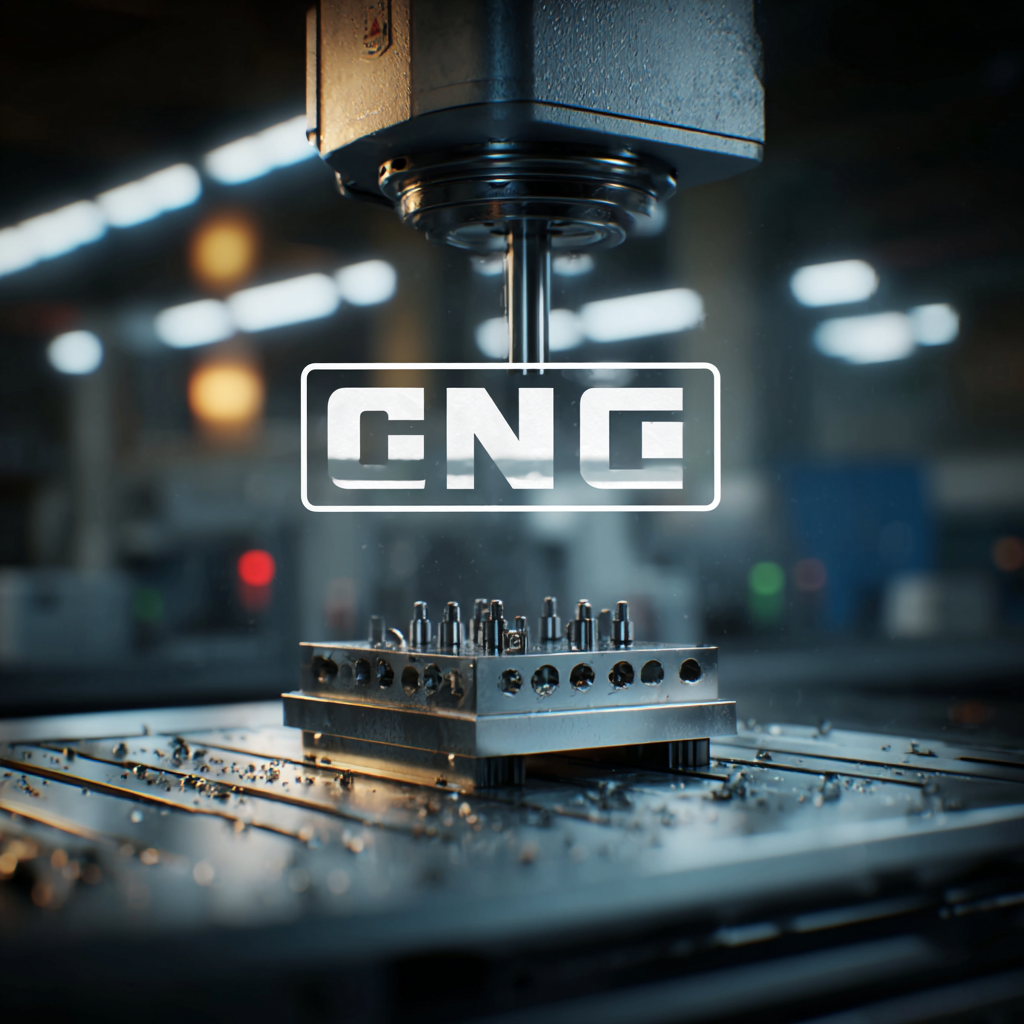How to Choose the Best CNC Machine for Your Business Needs
As the manufacturing landscape continues to evolve, the demand for precision and efficiency has never been greater, leading to a significant rise in the utilization of CNC machines across various industries. According to a recent report by MarketsandMarkets, the CNC machine market is projected to reach USD 100 billion by 2025, growing at a compound annual growth rate (CAGR) of 6.5% from 2020 to 2025. This surge underscores the importance of selecting the right CNC machine to meet your business needs, as the right equipment can enhance productivity, reduce waste, and improve the quality of the final output.

With various options available — including milling, turning, and plasma cutting machines — businesses must carefully assess their operational requirements and production goals. This blog will guide you through the critical factors to consider when choosing the best CNC machine for your specific applications, ultimately helping you to stay competitive in a rapidly advancing industry.
Identifying Your Business Requirements for CNC Machines
When selecting the best CNC machine for your business needs, it’s crucial to first identify and understand your specific requirements. Start by assessing the types of materials you will be working with, the complexity of the parts you need to produce, and the volume of work. Different CNC machines cater to varying applications, so a clear understanding of your production need is key to making an informed decision.
**Tips:** Consider the size and scale of your operations. If you foresee growth, investing in a machine that can handle increased capacity will pay off in the long term. Additionally, factor in the software compatibility and support services available from the manufacturer, as robust after-sales support can greatly reduce downtime.
Another important aspect is to evaluate your budget and the total cost of ownership, which includes maintenance and energy consumption over time. This will provide a more comprehensive picture of what you’ll really be investing in. It’s essential to strike a balance between initial costs and long-term performance to ensure you select a CNC machine that aligns with both your current needs and future growth plans.

Understanding Different Types of CNC Machines and Their Applications
When it comes to selecting the best CNC (Computer Numerical Control) machine for your business, it's essential to understand the different types available and their specific applications. CNC machines come in various forms, each tailored to specific tasks. For instance, CNC milling machines are designed for cutting and shaping materials like metal and plastic, making them ideal for detailed parts production. On the other hand, CNC lathes are best suited for turning operations, where material is rotated against a cutting tool to create cylindrical shapes common in automotive and aerospace components.
Additionally, there are CNC routers specifically used for woodworking and soft materials, allowing for intricate designs and patterns. Plasma and laser cutters offer high precision for metal fabrication, suitable for industries requiring detailed cutting with minimal waste. Each type of CNC machine has distinct advantages depending on the materials used and the desired finish. Understanding these differences helps in selecting a machine that not only meets production needs but also enhances efficiency, ensuring that your business remains competitive in a rapidly evolving market.
Comparison of Different Types of CNC Machines
Key Features to Consider When Choosing a CNC Machine
Choosing the right CNC (Computer Numerical Control) machine is crucial for maximizing productivity and efficiency in your manufacturing processes. One key feature to consider is the machine's accuracy and precision. According to a report by Technavio, the global CNC machine market is projected to grow at a CAGR of 5.54% from 2021 to 2025, driven by the demand for precision engineering in industries such as aerospace and automotive. Machines that offer higher resolution and repeatability in their operations not only reduce material waste but also ensure better overall product quality.
Another important aspect to evaluate is the size and capability of the CNC machine. Different applications may require varying sizes and cutting areas. For example, large-scale machining operations may necessitate a machine with a substantial workspace. The International Federation of Robotics (IFR) states that the use of industrial robots in CNC operations has increased significantly, enhancing production flexibility and scalability. Thus, understanding the specific requirements of your projects, such as part dimensions and complexity, will guide you in selecting a machine that aligns perfectly with your business needs.
How to Choose the Best CNC Machine for Your Business Needs - Key Features to Consider When Choosing a CNC Machine
| Feature | Description | Importance Level |
|---|---|---|
| Type of CNC Machine | Determine whether you need a milling machine, lathe, router, or plasma cutter based on your projects. | High |
| Size and Workspace | Assess the maximum workpiece dimensions to ensure it fits your workshop space. | Medium |
| Precision and Tolerance | Evaluate the machine's accuracy and the ability to meet your quality standards. | High |
| Spindle Speed | Check the RPM ratings, which affect cutting speed and efficiency. | Medium |
| Software Compatibility | Ensure the CNC machine works with your preferred CAD/CAM software. | High |
| Budget | Consider total costs including maintenance, tooling, and setup. | High |
| User Training and Support | Check for availability of training resources and customer support. | Medium |
Comparing Costs: Initial Investment vs Long-Term Benefits
 When selecting the best CNC machine for your business, understanding the balance between initial investment and long-term benefits is crucial. According to a report by IBISWorld, businesses typically face initial costs ranging from $20,000 to over $100,000 for CNC machines, depending on the complexity and technology. However, these upfront costs must be evaluated against the potential for increased production efficiency and reduced labor costs over time. A well-chosen CNC machine can save companies 30% in manufacturing time and significantly enhance product accuracy, leading to reduced waste and higher profit margins.
When selecting the best CNC machine for your business, understanding the balance between initial investment and long-term benefits is crucial. According to a report by IBISWorld, businesses typically face initial costs ranging from $20,000 to over $100,000 for CNC machines, depending on the complexity and technology. However, these upfront costs must be evaluated against the potential for increased production efficiency and reduced labor costs over time. A well-chosen CNC machine can save companies 30% in manufacturing time and significantly enhance product accuracy, leading to reduced waste and higher profit margins.
Tips: Prioritize machines that offer scalability to keep up with future demand. This investment might come with a higher price tag upfront but can lead to larger savings in reduced operational costs and increased production capacity over the long term.
Tips: Consider your business's specific needs and fit the machine’s capabilities accordingly. For instance, a multi-functional CNC machine could seem more expensive initially but could replace multiple less efficient machines, significantly lowering both operating costs and the overall footprint of your operations.
Maximizing Productivity: Maintenance and Support Services for CNC Machines
When investing in a CNC machine for your business, it's crucial not only to consider the machine's specifications but also the maintenance and support services available. Regular maintenance is essential to ensure your CNC machine operates at peak efficiency and minimizes downtime. A well-maintained machine can significantly boost productivity, reducing the likelihood of costly repairs and prolonged disruptions.
**Tip:** Implement a proactive maintenance schedule that includes regular inspections and servicing. Collaborate with your supplier or a dedicated technician to create a tailored maintenance plan that meets your machine's specific needs.
In addition to maintenance, the availability of support services plays a key role in maximizing productivity. Quick access to technical support can help resolve issues that arise during production, ensuring that your operations continue smoothly.
**Tip:** Choose a CNC machine provider that offers comprehensive training for your staff as well as responsive customer support. This investment in your team will empower them to troubleshoot basic issues and operate the machine more effectively, leading to enhanced productivity in the long run.